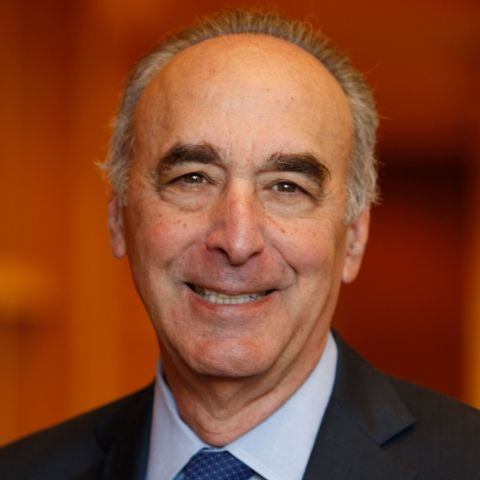
Judge-Made Law and Judge-Made Insurance
The sharing and avoidance of risk through insurance is a phenomenon of incalculable importance. Insurance protects against financial misfortune caused by fire, liability, and other casualties, and it helps mitigate the adverse financial effects of ill health, disability, and death. The average citizen may be covered by social security, workers' compensation, life, health, accident, disability, homeowners', and automobile insurance. Insurance also figures prominently in the planning of business ventures from small to multinational. Yet, the intricacies of insurance mystify not only laypeople, but also most lawyers.
The obvious importance of insurance to our social and economic livelihoods, however, suggests that insurance law should be brought into the mainstream of our jurisprudence. This article attempts part of that task by exploring a widely recognized but dimly understood phenomenon in insurance law: courts consistently favor policyholders in disputes with insurers. The casual observer often can find little doctrinal support for such decisions other than the maxim that an instrument is to be construed against its drafter. Often courts even seem to search for an ambignity to construe against the insurer. It is easy to conclude that this simply reflects an unprincipled preference for the policyholder at the expense of the deep-pocketed insurer, contrary policy provisions notwithstanding.
The courts, however, are beginning to articulate the reasons underlying their decisions in such cases. In many states, a principle authorizing the courts to honor the "reasonable expectations" of the insured is emerging. This "expectations principle" is used to justify a wide range of decisions granting policyholders coverage in spite of policy language that seems to deny it.